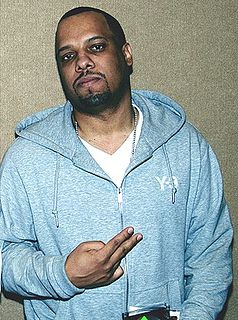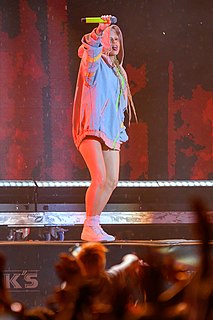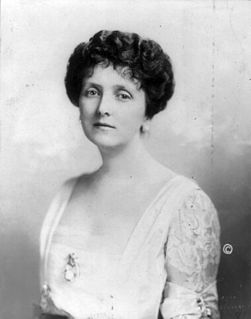A Quote by David Crystal
There's an old little jingle: 'The chief use of slang is to show that you're one of the gang.' What that means is that every social group has its own linguistic bonding mechanism. If there's a group of lawyers, they have their own slang. If there's a group of doctors, they have their own slang, and so on.
Related Quotes
The fact that slang is apt and forceful makes its use irresistibly tempting. Coarse or profane slang is beside the mark, but "flivver," "taxi," the "movies," "deadly" (meaning dull), "feeling fit," "feeling blue," "grafter," a "fake," "grouch," "hunch" and "right o!" are typical of words that it would make our spoken language stilted to exclude.
Collectivism holds that the individual has no rights, that his life and work belong to the group (to "society," to the tribe, the state, the nation) and that the group may sacrifice him at its own whim to its own interests. The only way to implement a doctrine of that kind is by means of brute force - and statism has always been the poltical corollary of collectivism.




































